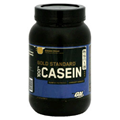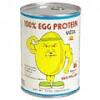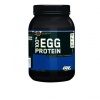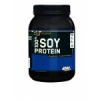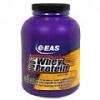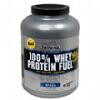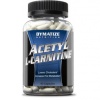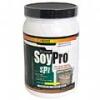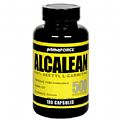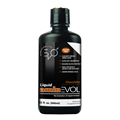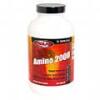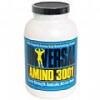- Protein plays an important role in virtually every biological process within the human body. Protein structure and function varies from structural function to bodily movement and development
- Protein benefits are much heralded in the worlds of health, fitness and medicine. Protein sources such as chicken, dairy, meat and legumes are an important part of the complete health picture of the individual
- Proteins structure and function consists of twenty different amino acids. Below you will find a list of different proteins and their functions
Contractile proteins
These proteins assist with muscle movement and contraction. Examples are actin and myosin.
Antibodies
Antibodies defend the body from antigens which are foreign invaders that inflict sickness and disease. Antibodies combat antigens by immobilizing them so they can subsequently be destroyed by white blood cells.
Enzymes
Enzymes are the catalysts of biochemical reactions in the body. Lactase and pepsin are widely known examples of enzymes. Lactase breaks down the sugar lactose that is found in milk products. Pepsin helps the body digest and breakdown the proteins found in food.
Hormonal proteins
These proteins assist with the coordination of many bodily activities. Examples include insulin, oxytocin and somatotropin. Insulin regulates metabolism by controlling blood sugar. Somatotropin is a growth hormone that increases protein production in muscles. Oxytocin is what produces contractions in pregnant women.
Structural proteins
Structural proteins provide support. Keratin, collagen and elastin are examples. Keratins strengthen hair in humans and quills, feathers, horns and beaks in animal species. Collagens and elastins provide support for ligaments and tendins.
Storage proteins
These proteins store amino acids. Ovalbumin, which is found in eggs and casein, which is milk based are examples of storage proteins.
Transport Proteins
Transport proteins carry molecules from place to place in the human body. Hemoglobin, which transports oxygen through the blood is a vital transport protein.
As you can see proteins and the amino acids that make up proteins are the building blocks of the human body. Protein is much more than a shake that is carried around by a muscle bound dude at the gym. Its benefits are multi-faceted that affect mind and body. To make sure you get enough quality protein in your diet make sure you eat complete proteins such as animal based products or soy. If you are a vegetarian become educated on the different non-animal based protein products available. A good protein supplement is an effective way to incorporate high quality protein into your diet. They taste great, are inexpensive, and improve overall health and wellness. There are several forms of protein supplements such as powders, bars and snack chips available. Look for supplements low in calories and sugar. Powders should have at least 18 grams per serving and be low in carbohydrates and calories.
The recommended daily allowance of protein for a healthy individual is .33 grams per pound of bodyweight. Individuals who exercise on a regular basis will want to increase that amount up to 1.0 grams per pound of body weight, especially if resistance training is part of your routine.











